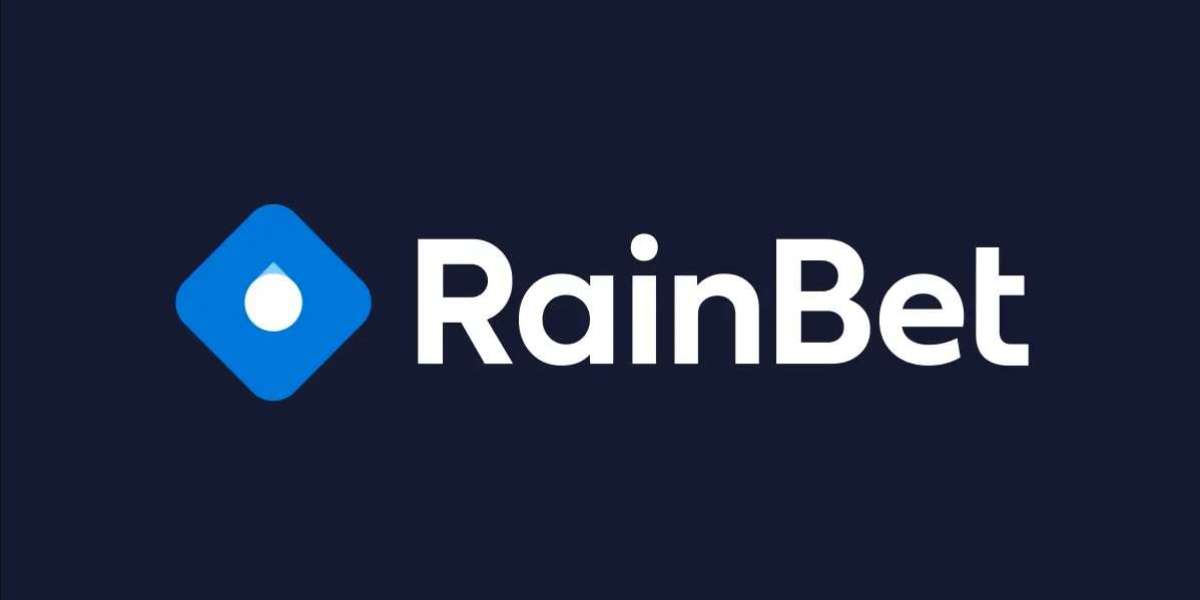Nashville, known for its dynamic music scene and cultural vibrancy, also offers a robust network of drug rehabilitation services aimed at helping individuals overcome substance use disorders. With the increasing awareness of addiction as a chronic disease, Nashville’s rehab facilities provide a range of treatment options tailored to meet the diverse needs of those seeking recovery. This article explores the types of drug rehab available in Nashville, effective treatment methodologies, and the importance of community support.
Understanding Drug Addiction
Drug addiction is a complex condition characterized by compulsive drug seeking and use, leading to significant negative consequences in a person's life. Recognizing addiction as a treatable illness is essential for motivating individuals to seek help and embark on the journey toward recovery.
Types of Drug Rehab Programs in Nashville
Nashville offers various drug rehab programs, each designed to address specific needs:
Detoxification: Detox is often the first step for individuals with severe addiction. Medically supervised detox programs help manage withdrawal symptoms safely, providing the necessary medical support and monitoring as the body clears itself of drugs.
Inpatient Rehabilitation: Inpatient programs provide a structured, residential environment where individuals receive intensive therapy and support. This immersive setting allows individuals to focus solely on recovery without external distractions.
Intensive Outpatient Programs (IOP): IOPs offer a flexible option for those who need more support than traditional outpatient therapy but do not require full-time inpatient care. Participants attend therapy sessions multiple times a week while managing their daily responsibilities.
Outpatient Rehabilitation: Outpatient programs allow individuals to receive treatment while living at home, making them suitable for those with less severe addictions. This option provides the flexibility to integrate recovery into everyday life.
Aftercare Services: Long-term recovery often requires ongoing support. Many Nashville facilities offer aftercare programs, including counseling, support groups, and resources to help individuals maintain sobriety after completing treatment.
Effective Treatment Approaches
Nashville’s drug rehab centers employ a variety of evidence-based treatment methods: Drug Rehab Nashville
Cognitive Behavioral Therapy (CBT): CBT helps individuals identify and change harmful thought patterns and behaviors associated with drug use, fostering healthier coping strategies.
Motivational Interviewing (MI): This technique enhances an individual’s motivation to change by encouraging them to explore their reasons for seeking recovery.
Group Therapy: Group sessions provide a supportive environment where individuals can share their experiences, learn from others, and build a community of support.
Family Therapy: Involving family members in treatment can address relational issues and improve communication, which is crucial for long-term recovery.
Holistic Approaches: Many facilities incorporate holistic therapies such as yoga, meditation, and nutritional counseling, promoting overall wellness and addressing the mind-body connection.
The Role of Community Support
Community support is vital in the recovery process. Nashville boasts numerous support groups, such as Narcotics Anonymous (NA), that offer ongoing encouragement, accountability, and a sense of belonging. Connecting with others who understand the challenges of addiction can greatly enhance the recovery experience.
Choosing the Right Drug Rehab Facility
When selecting a drug rehab facility in Nashville, consider the following:
Accreditation: Ensure the facility is licensed and accredited, meeting industry standards and regulations.
Qualified Staff: Look for programs staffed by experienced professionals in addiction treatment, including medical and therapeutic personnel.
Treatment Philosophy: Different facilities may adopt various approaches; choose one that aligns with your values and needs.
Success Rates and Reviews: Research testimonials and outcomes to assess the effectiveness of the program.
Conclusion
Drug rehab in Nashville offers a comprehensive range of resources for individuals seeking recovery from addiction. With diverse treatment options, evidence-based approaches, and strong community support, Nashville’s rehab facilities are dedicated to helping individuals reclaim their lives from substance use disorders. If you or someone you know is struggling with addiction, reaching out to a local drug rehab facility can be the first step toward a healthier, more fulfilling life. Recovery is challenging but achievable, and with the right support, individuals can overcome addiction and thrive.








